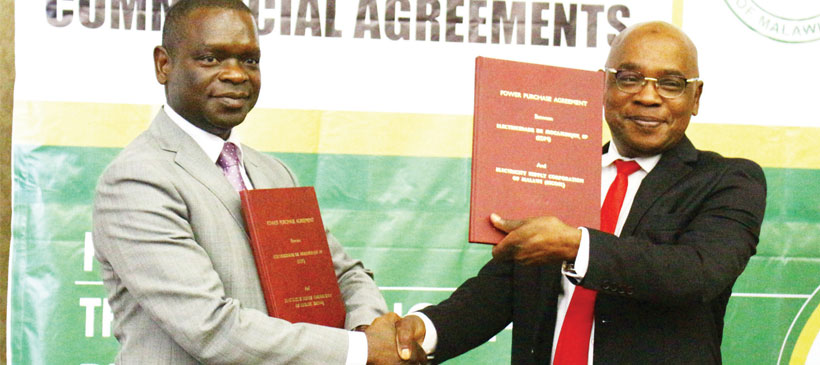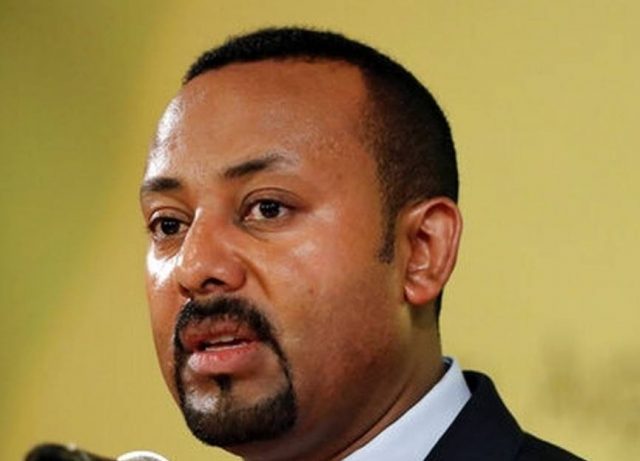Malawi is to start patter power from Mozambique in 2022 through the power interconnection project and the move is expected to help solve energy woes fronting the county.
Electricidade de Mozambique (EDM) and Electricity Supply Corporation of Malawi (Escom) signed technical and commercial agreements for the project Thursday in Lilongwe.
The project’s total cost is $127 million. It is expected that $92 million of the amount will be spent on the Mozambique side while $35 million dollars will be spent on the Malawi side.
The project will interconnect the Malawi and Mozambique power systems at 400kV, through transmission line from Matambo substation in Tete Province in Mozambique to Phombeya substation in Balaka in Malawi.
Malawi’s Minister of Natural Resources, Energy and Mining, Aggrey Massi and Mozambique’s Minister of Mineral Resources and Energy, Max Elias Tonela, attended the signing ceremony of the documents.
Massi said the additional power the country will get from the project will lead to social economic development.
“Malawi expects to get at least 50MW from Mozambique at the initial commissioning of the line. The country is also expected to get additional power through the line from South Africa and the region,” Massi said.
He added that the project will make a significant contribution to improvement and growth in manufacturing, agro-processing, the service sector and the tourism among others.
Tonela said the signing of the agreements is an indication that Mozambique is committed to strengthen cooperation with Malawi for the benefit of people of the two countries.
“The signing of the agreements is an important step towards regional integration,” he said.
Escom Chief Executive Officer, Alexon Chiwaya said Escom has engaged Eskom South Africa on the proposed power imports and the required agreements are being drafted.
The two parties signed project implementation, system operating, system maintenance, wheeling and power purchase agreements.
The PPA with EDM is for a period of five years, subject to renewal.
The World Bank, German KfW, European Union and the Norwegian Trust Fund have provided financial support towards the project.




